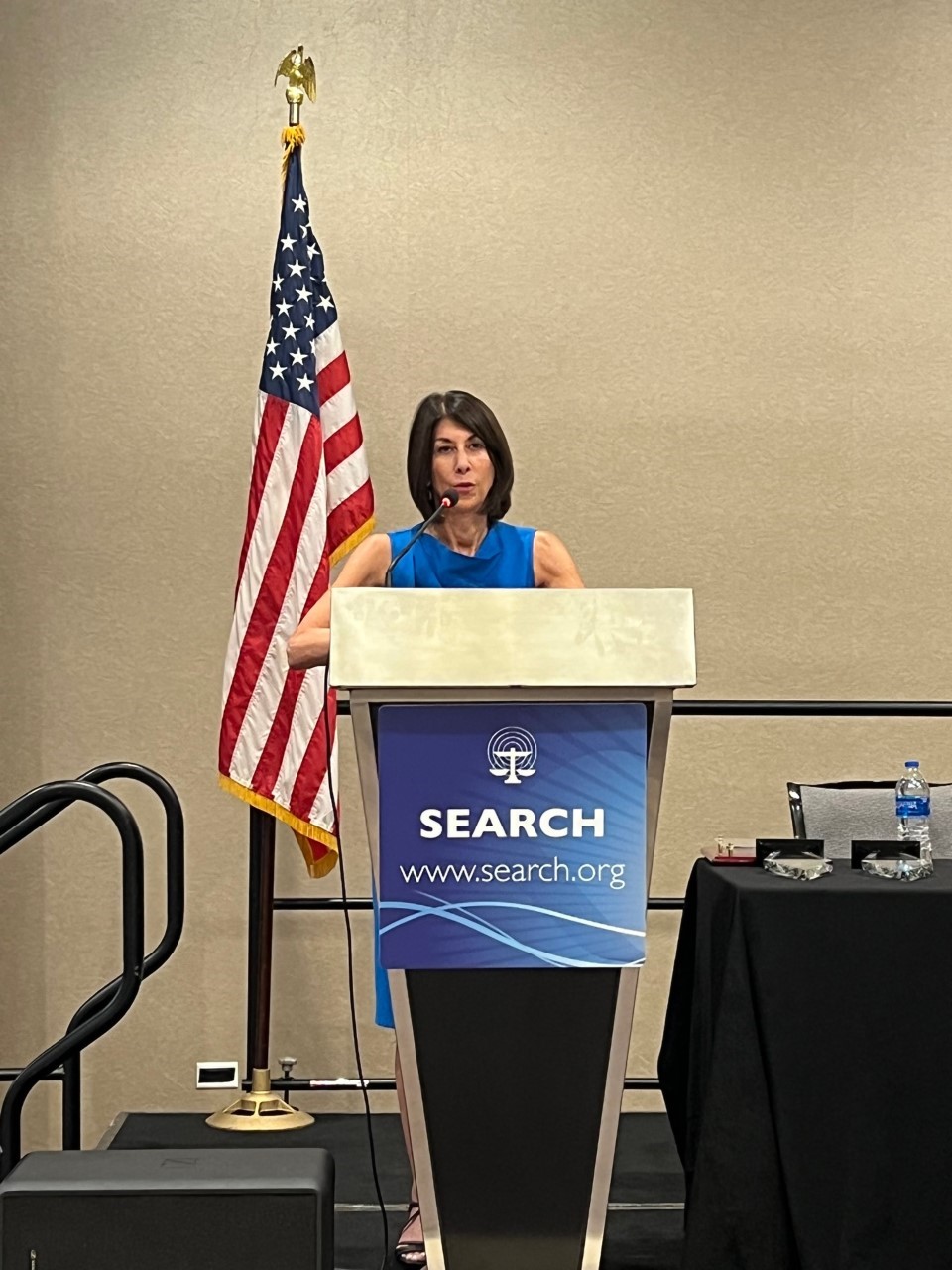Probation officers
2023 NIJ Research Conference Opening Ceremony
The theme of NIJ’s 2023 Research Conference was “evidence to action,” and our goal was to bring researchers and practitioners together to learn about the latest research evidence and how it can be implemented to promote safety, equity, and justice.
The opening ceremony included remarks from U.S. Attorney General Merrick B. Garland, Assistant Attorney General for the Office of Justice Programs Amy Solomon, and NIJ Director Nancy La Vigne.
See the YouTube Terms of Service and Google Privacy Policy
Inclusive Research: Engaging with the People Closest to the Issue
See the YouTube Terms of Service and Google Privacy Policy
A Multi-Site Randomized Controlled Trial of an Enhanced Field Training Officer Program: An Analysis of Administrative Outcomes and Community Interactions
A hidden cost of convenience: Disparate impacts of a program to reduce burden on probation officers and participants
Hawaii's Swift and Sure Probation
AN EXEMPLARY PROJECT - JUVENILE DIVERSION THROUGH FAMILY COUNSELING: A PROGRAM FOR THE DIVERSION OF STATUS OFFENDERS IN SACRAMENTO COUNTY, CALIFORNIA
Taking Stock: An Overview of NIJ's Reentry Research Portfolio and Assessing the Impact of the Pandemic on Reentry Research
Over several decades, the National Institute of Justice (NIJ) has made significant contributions to the field of reentry, specifically what works for whom and when. In recent years, however, the global pandemic has made it increasingly difficult to conduct research on and with populations involved with the justice system. During this time, many researchers assessing various justice-related outcomes were unable to continue their inquiries as planned due to a lack of access to their populations of interest, forcing many to pivot and rethink their research designs.
See the YouTube Terms of Service and Google Privacy Policy
Assessing Youth Level of Service/Case Management Inventory Implementation Outcomes: Lessons from Five Diverse Pennsylvania Counties
From Successful Reentry to Stronger Communities
Implementing the Next Generation of Parole Supervision: Findings from the Changing Attitudes and Motivation in Parolees Pilot Study
Does Reassessment Improve Prediction? A Prospective Study of the Sexual Offender Treatment Intervention and Progress Scale (SOTIPS)
Desistance From Crime: Implications for Research, Policy, and Practice
Most scholars would agree that desistance from crime – the process of ceasing engagement in criminal activities – is normative. However, there is variability in the literature regarding the definition and measurement of desistance, the signals of desistance, the age at which desistance begins, and the underlying mechanisms that lead to desistance. Even with considerable advances in the theoretical understanding of desistance from crime, there remain critical gaps between research and the application of that research to practice.
See the YouTube Terms of Service and Google Privacy Policy
Evaluability assessment and development of psychological and behavioral health approaches to prevent terrorism and facilitate reintegration of violent extremists.
A Process and Impact Evaluation of Illinois' Policy to Eliminate Cash Bail and Reform Pretrial Practices
Dual System Youth: At the Intersection of Child Maltreatment and Delinquency
Across the country, child welfare and juvenile justice systems now recognize that youth involved in both systems (i.e., dual system youth) are a vulnerable population who often go unrecognized because of challenges in information-sharing and cross system collaboration. In light of these challenges, national incidence rates of dual system youth are not known.
See the YouTube Terms of Service and Google Privacy Policy




